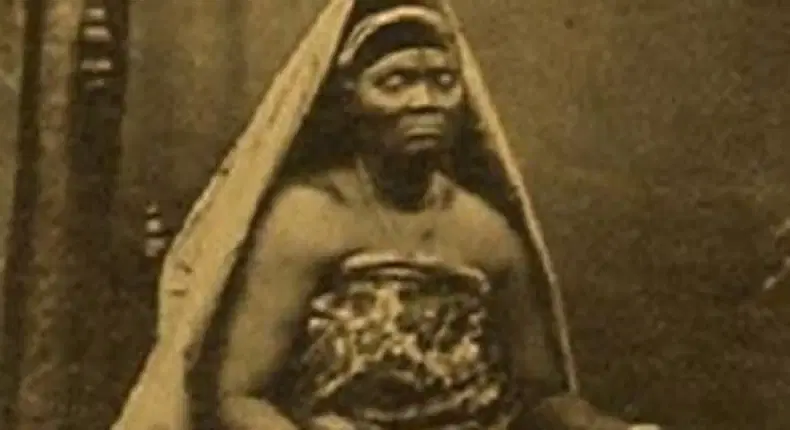Madam Efunroye Tinubu stands as an iconic figure in Nigerian history, celebrated for her remarkable achievements as a business tycoon, influential political leader, and advocate against colonial dominance. Born in the late 18th century, she rose to prominence in a largely male-dominated society, earning respect and authority in Yoruba land.
Key Aspects of Her Life and Legacy:
1. Business Mogul
Tinubu established a successful trading empire in Badagry, focusing on commodities like tobacco, salt, and, controversially, slaves. She expanded her business reach through strategic alliances, particularly with Oba Adele, allowing her to solidify her influence.
2. Political Influence
Her influence extended into the political sphere, where she played an instrumental role in palace dynamics. Notably, she supported her brother-in-law Akitoye’s ascension to the throne, demonstrating her impact on Yoruba political matters.
3. Commercial Concessions
During Oba Akitoye’s rule, Tinubu secured advantageous commercial concessions in 1851, which enabled her to engage in trade with Brazilian and Portuguese merchants, exchanging slaves for firearms and other goods.
4. Land Ownership
Tinubu also acquired extensive land holdings, further strengthening her status and wealth in Yoruba society.
Madam Tinubu’s legacy exemplifies the resilience, power, and resourcefulness that many women of her era embodied, and her story remains a testament to the impact of African women in business and politics.

